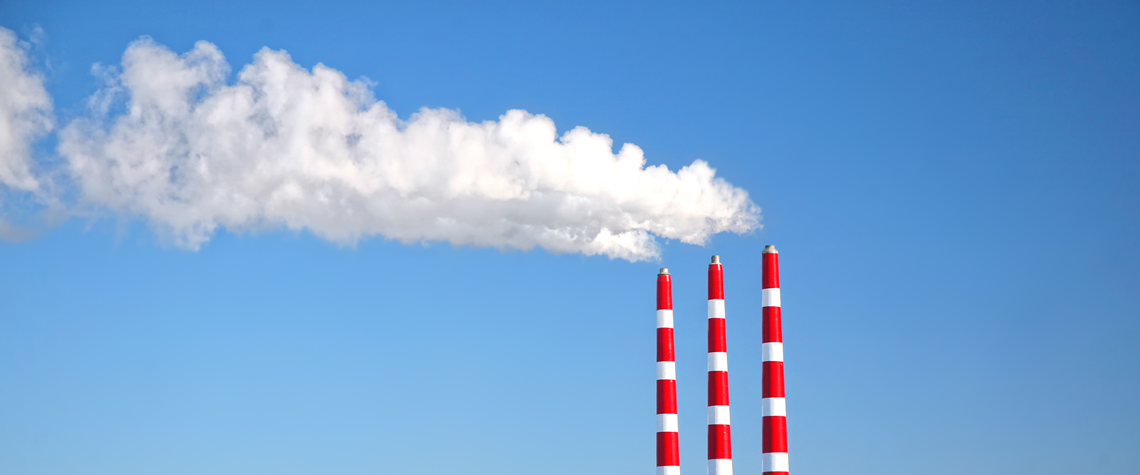Canada divided by carbon conundrum
Canada’s plans for raising carbon tax face mounting political and popular opposition
Four years ago, Canadian Prime Minister Justin Trudeau enjoyed broad political support for implementing a pan-national carbon pricing strategy to make meaningful reductions to Canada’s stubbornly high greenhouse gas emissions. But, where Trudeau once enjoyed the support of likeminded political leaders, the changing political landscape—following recent elections—is undermining plans to more than double carbon levies to C$50/t CO2e ($37.85/t CO2e) by 2020. When Trudeau was elected in 2015, 80pc of the country was already under some sort of carbon regime. Ontario, home to the country's industrial manufacturing heartland, and Quebec—bestowed with abundant hydroelectric resources—had joined a cap

Also in this section
18 February 2026
With Texas LNG approaching financial close, Alaska LNG advancing towards a phased buildout and Magnolia LNG positioned for future optionality, Glenfarne CEO Brendan Duval says the coming year will demonstrate how the company’s more focused, owner-operator approach is reshaping LNG infrastructure development in the North America
18 February 2026
The global gas industry is no longer on the backfoot, hesitantly justifying the value of its product, but has greater confidence in gas remaining a core part of the global energy mix for decades
18 February 2026
With marketable supply unlikely to grow significantly and limited scope for pipeline imports, Brazil is expected to continue relying on LNG to cover supply shortfalls, Ieda Gomes, senior adviser of Brazilian thinktank FGV Energia,
tells Petroleum Economist
17 February 2026
The 25th WPC Energy Congress, taking place in Riyadh, Saudi Arabia from 26–30 April 2026, will bring together leaders from the political, industrial, financial and technology sectors under the unifying theme “Pathways to an Energy Future for All”







